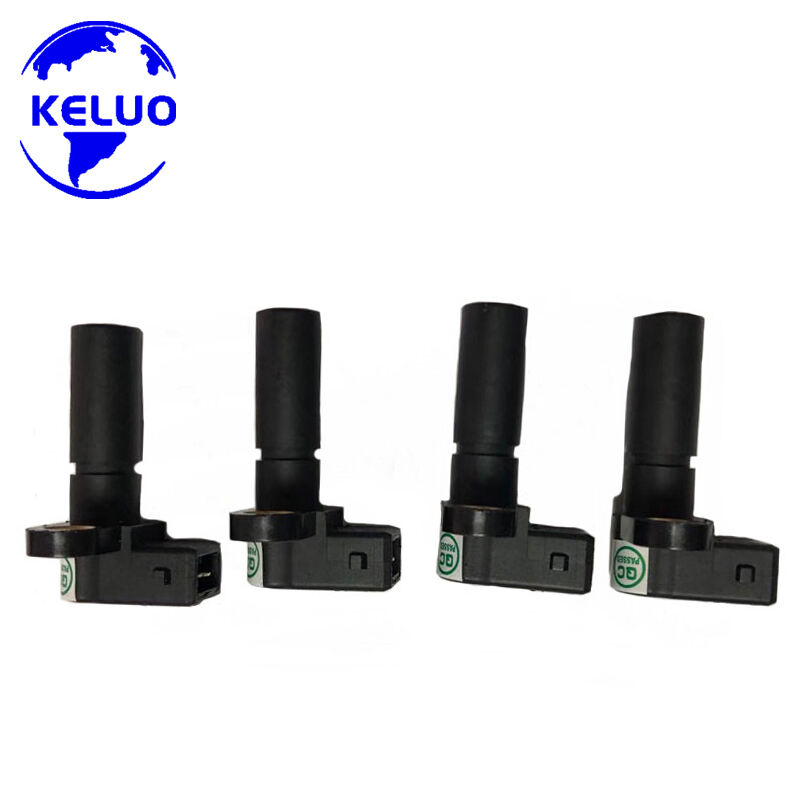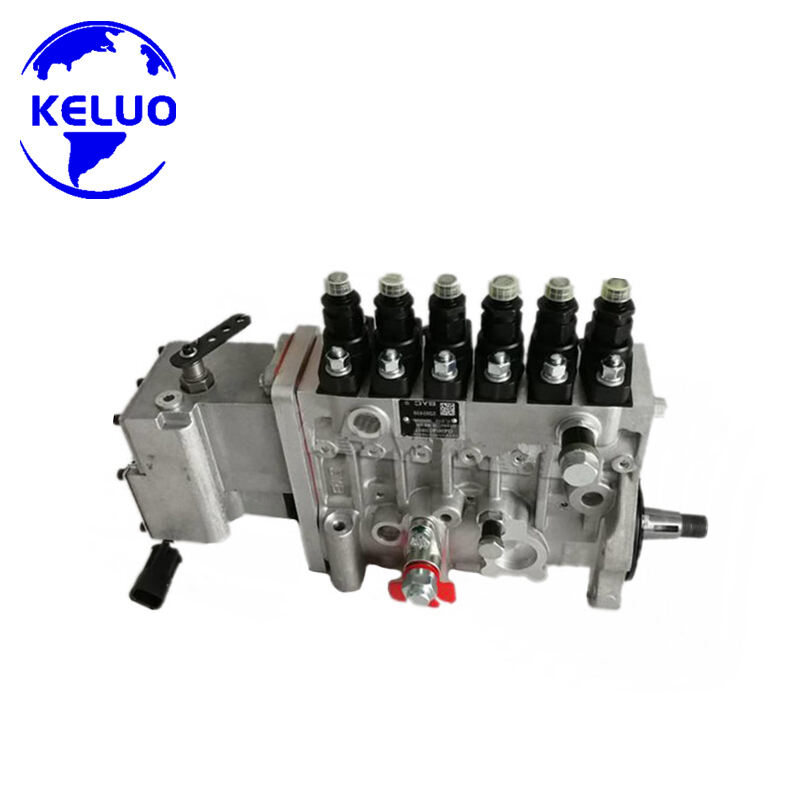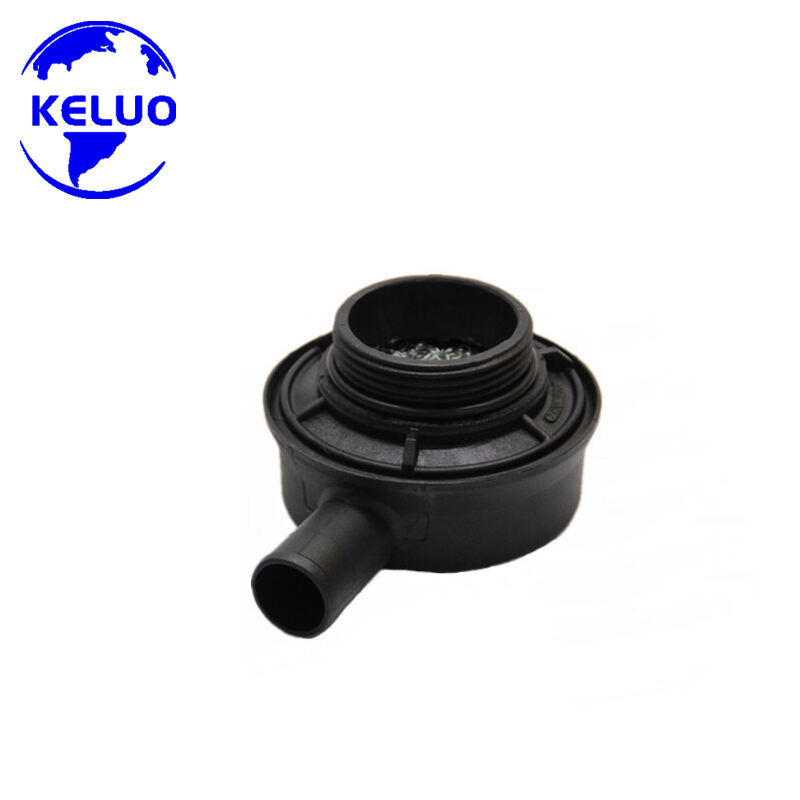engine parts manufacturers
Engine parts manufacturers represent a crucial segment of the automotive and industrial machinery sectors, specializing in the design, production, and distribution of essential components that power various types of engines. These manufacturers employ advanced manufacturing processes and cutting-edge technology to create precise, durable parts that meet strict quality standards and specifications. Their product range typically includes pistons, crankshafts, camshafts, engine blocks, cylinder heads, and various other vital components. Modern engine parts manufacturers utilize sophisticated computer-aided design (CAD) systems, automated production lines, and rigorous quality control measures to ensure consistency and reliability in their output. They serve diverse markets, including automotive OEMs, aftermarket suppliers, aerospace, marine, and industrial equipment sectors. These manufacturers also invest heavily in research and development to improve material properties, enhance performance characteristics, and develop innovative solutions for emerging technologies such as hybrid and electric powertrains. Their commitment to maintaining international quality certifications and environmental standards ensures that their products meet global requirements and regulations.


